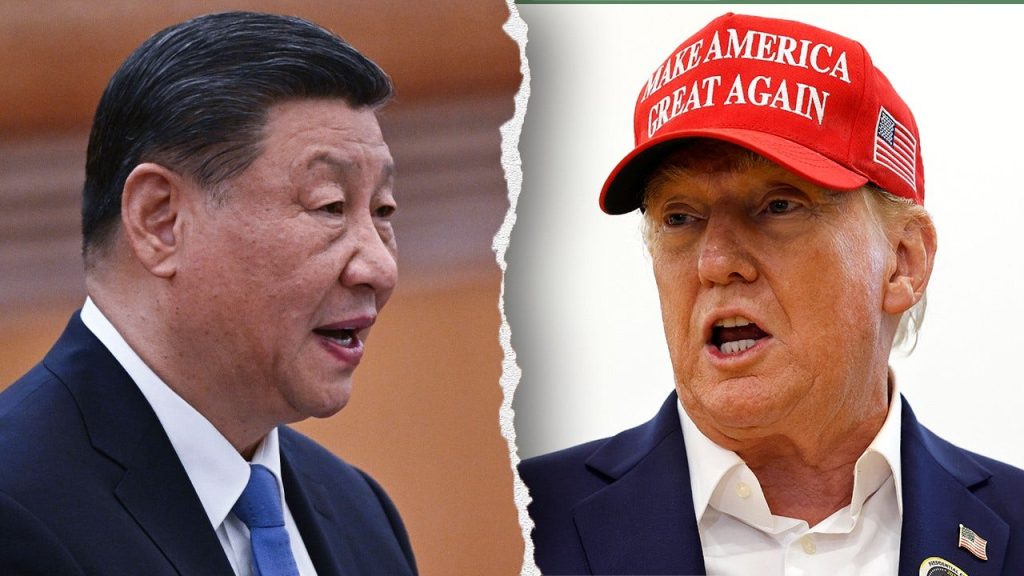The response from Xi Jinping’s communist China to President-elect Trump’s victory was largely predictable, emphasizing mutual respect, peaceful co-existence, and win-win cooperation. Many Chinese citizens and experts believe that the next four years under President Trump will further strain US-China ties, especially in light of Trump’s tariff-based approach to trade with China. The relationship between the two countries will be dominated by trade, technology, and Taiwan.
President William Lai of Taiwan congratulated President-elect Trump on his victory, expressing confidence in the longstanding Taiwan-US partnership. The Taiwanese public has had mixed views on the US election, with some finding Trump’s personality unappealing but others viewing him as potentially beneficial for Taiwan due to his expected tough stance on China. American commentator Ross Darrell Feingold, based in Taipei, engaged Chinese netizens on the issue of Trump versus Kamala Harris’s impact on US-China relations, with many expressing the view that the US is hostile towards China.
There is a growing sentiment in China that the US, regardless of the leader’s political party, seeks to limit China’s growth and influence as a global power. Many Chinese citizens feel that American policies are directed at ordinary Chinese people rather than criticisms of the Chinese Communist Party. This has led to a decline in positive Chinese views of America, with some Chinese becoming more critical of the United States. Some states in the US have reduced cultural and educational exchanges with Beijing, contributing to the deteriorating relationship between the two countries.
Japan and South Korea both congratulated Trump on his victory, expressing hope for stronger alliances and cooperation under his leadership. Japan’s Prime Minister Shigeru Ishiba looked forward to new heights in the countries’ alliance during Trump’s second term. South Korean President Yoon Suk Yeol praised Trump’s leadership and expressed optimism for the future of the ROK-US alliance. Despite speculation that North Korean dictator Kim Jong Un would welcome Trump’s return to the White House, there was no immediate official comment from North Korea, which fired multiple short-range ballistic missiles hours before the US election.
Overall, the reactions to President-elect Trump’s victory from China, Taiwan, Japan, South Korea, and North Korea reflect a mix of optimism, concern, and uncertainty about the future of US foreign policy towards East Asia. The growing tensions between the US and China, as well as the shifting dynamics in the region, will likely shape the US-China relationship and regional stability in the coming years.691 words















